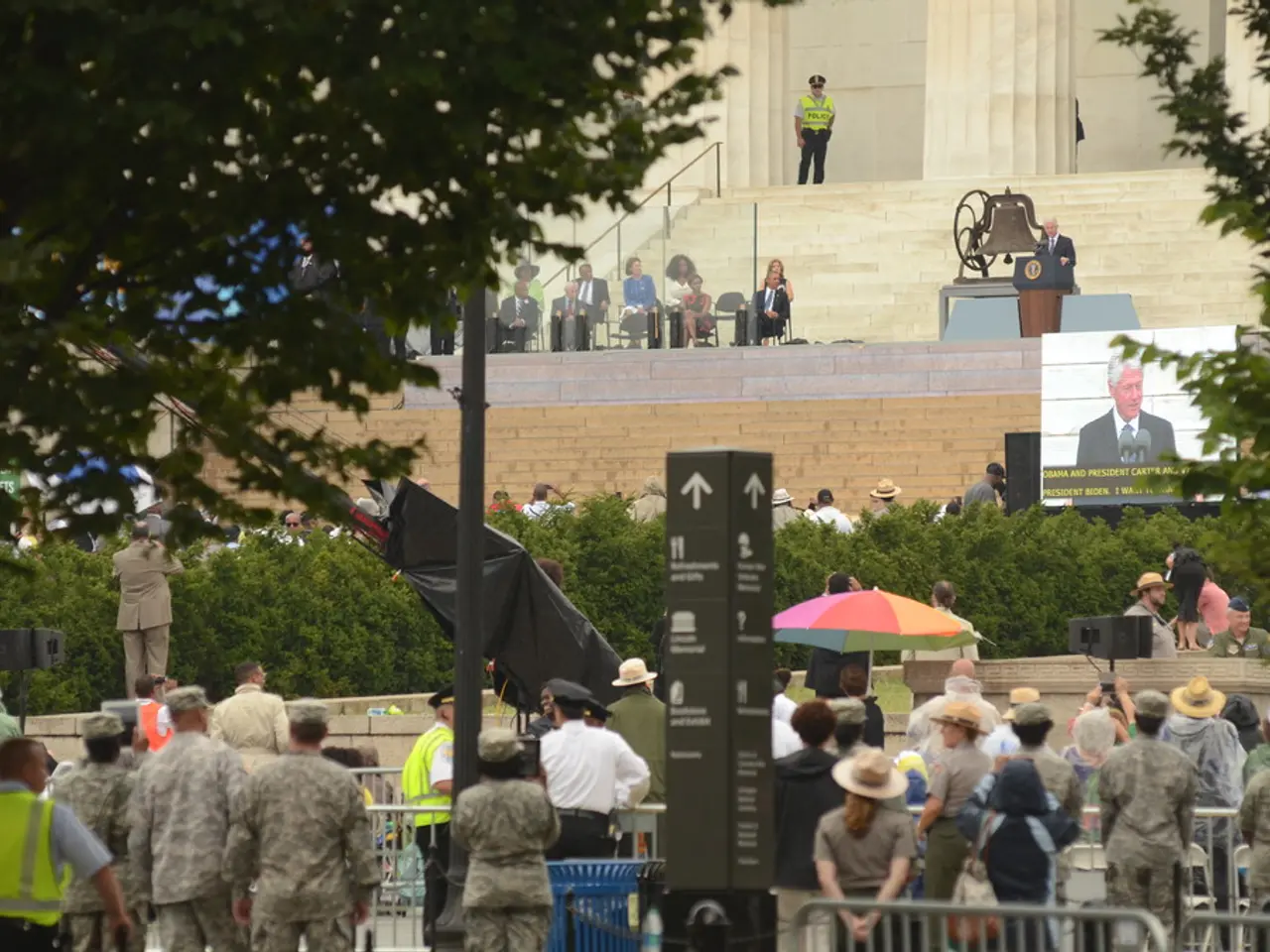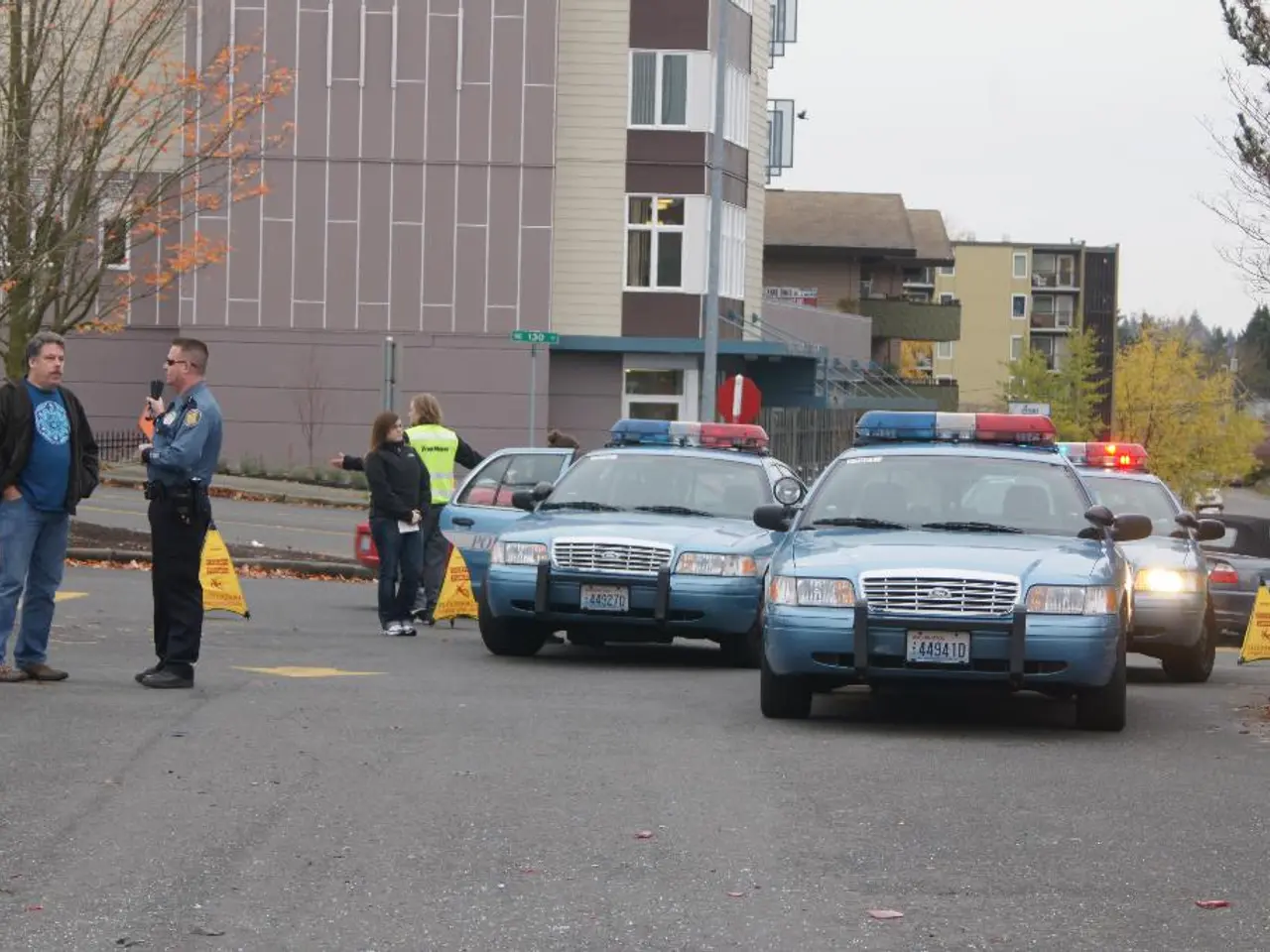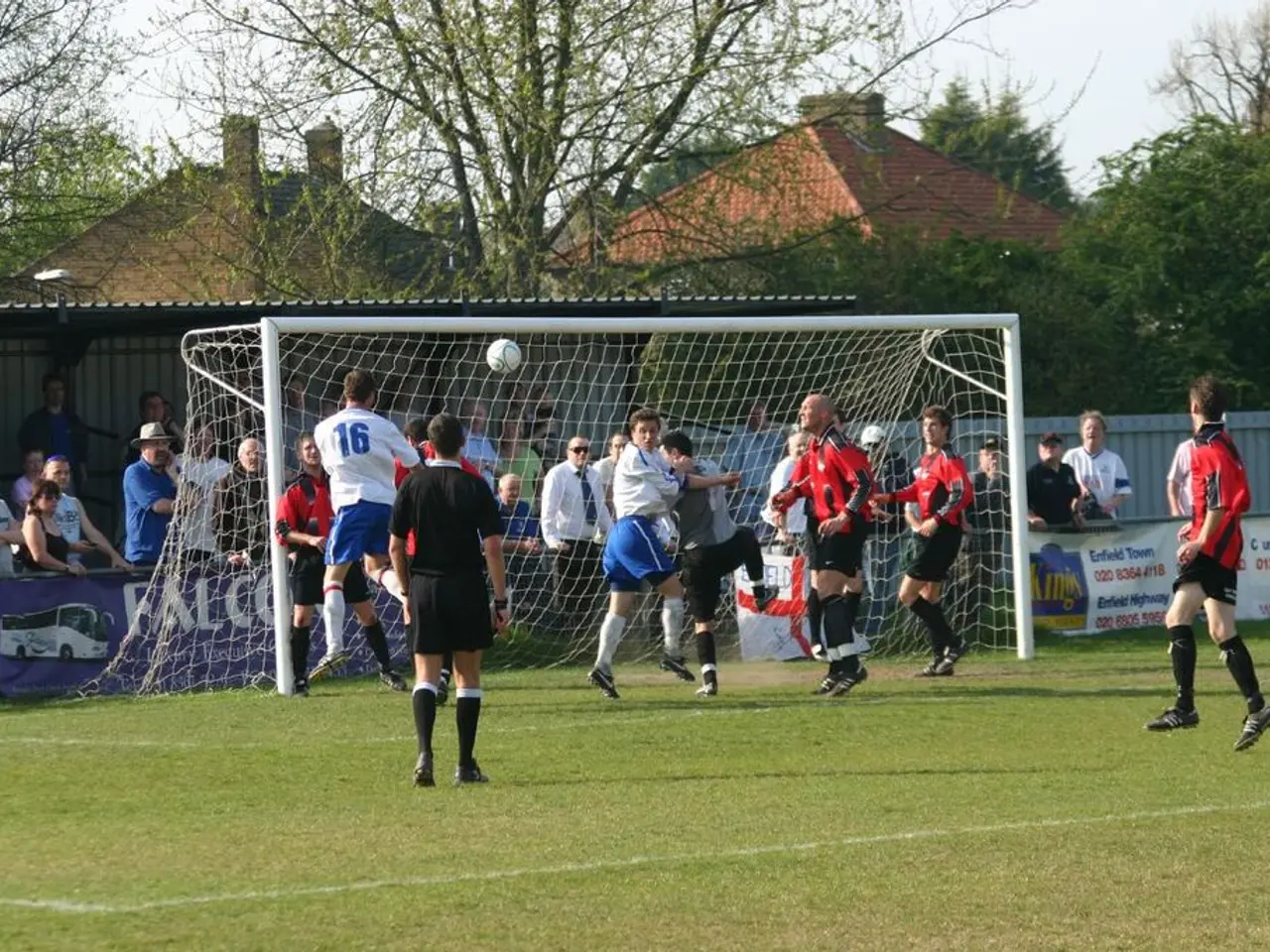U.S. Launches Strikes on Iran. What We Know?
In the wee hours of June 22, American air forces and navy launched a series of attacks on key Iranian nuclear facilities, signaling the start of a war between Israel and Iran. But let's dive deeper into the details, shall we?
Historically significant, the Iranian nuclear facilities were hit around 2:30 AM local time (around 2:00 AM MSK), with the U.S. informing Israel about the planned strikes in advance. The strikes targeted three sites in the Islamic Republic: Fordo, Natanz, and Esfahan. Later on, President Trump took to social media, bragging about dropping a "full complement of bombs" on Fordo's underground enrichment plant.
Sources indicate that the U.S. used stealth bombers, such as B-2s, capable of carrying the Massive Ordnance Penetrator (MOP) bombs, each weighing around 13-15 tons. As per Fox News, six of these colossal bombs were dropped on the Iranian facility in Fordo. For the attacks on Esfahan and Natanz, around 30 Tomahawk cruise missiles were used, launching from American submarines.
Following the bombardments, Trump held a phone conversation with Israel's Prime Minister Benjamin Netanyahu and promptly addressed the nation from the White House, praising the attack as a "stunning military victory." His senior aides, including Vice President Mike Pence, Secretary of State Mike Pompeo, and Defense Secretary Mark Esper, were also present during his speech.
Trump asserted that Tehran must now strike a peace deal. But he warned, "If this doesn't happen, the subsequent attacks will be much worse." He emphasized that there are still "numerous targets" remaining in Iran.
Iran swiftly responded to the U.S. assault on its nuclear sites. Iran's Foreign Minister Javad Zarif stated that the U.S. had violated the UN charter and international law. Zarif warned of grave consequences and affirmed that Iran reserve the right to take all necessary measures to protect its interests and sovereignty.
Iran requested an emergency meeting of the United Nations Security Council. Meanwhile, UN Secretary-General António Guterres described the U.S. bombing of Iranian nuclear sites as a dangerous escalation in the region, posing a direct threat to peace and security.
"The conflict may quickly spin out of control, and the risk of such an outcome is escalating," the UN chief's statement read. "Military solutions do not exist. Diplomacy remains the only option."
Russian legislator Andrei Klishas, commenting on the U.S. strikes on Iran, asserted that survival in the modern world requires strengthening a country's military and nuclear capabilities. "Peace under American rules means striking blows whenever and wherever one pleases, without the approval of the UN Security Council, without declaring war," Klishas wrote on his Telegram channel.
Iraq condemned the U.S. strikes on Iran, expressing concerns that continued attacks could lead to dangerous escalation and consequences for other countries. Pakistan’s defense committee chairman, Mushahid Husein Sayed, stated that the U.S. attacks on Iranian nuclear facilities constituted a war crime.
Democratic Senator Chuck Schumer demanded that Trump explain to Congress and the American people how his decision to attack Iran's nuclear facilities would affect international security. "No president has the right to drag a nation into such a serious conflict without a clear strategy," Schumer stated. "To counter Iran's nuclear aspirations and regional aggression, there must be strength and determination. But the risks of widespread and prolonged war have significantly increased."
In the aftermath of the strikes, the Center for Nuclear Safety in Iran reported no leakage of radioactive materials from the attacked facilities. "No radiological contamination or radiation leakage beyond the facilities' boundaries has been observed," the center's statement read.
The attacks on Iranian nuclear facilities escalated the ongoing war between Israel and Iran into an international conflict, intertwining politics, general news, and war-and-conflicts. The United Nations, other countries, and political figures are now deeply involved, voicing concerns about the implications of these attacks and the potential for further escalation.





